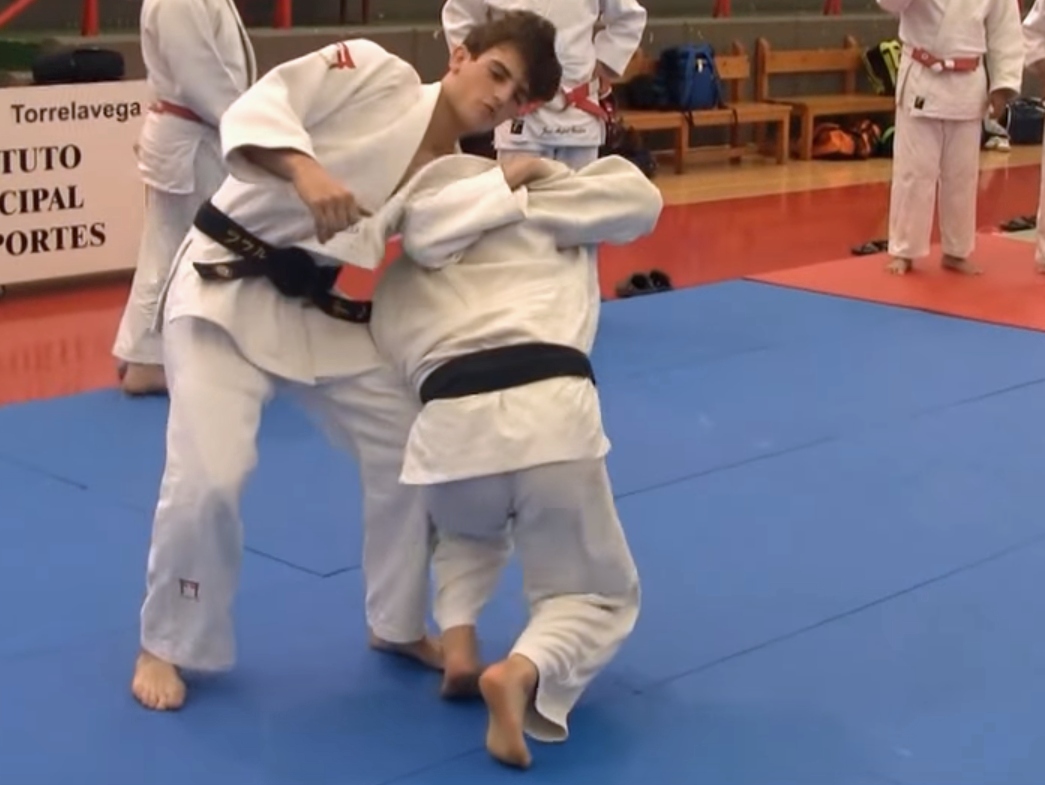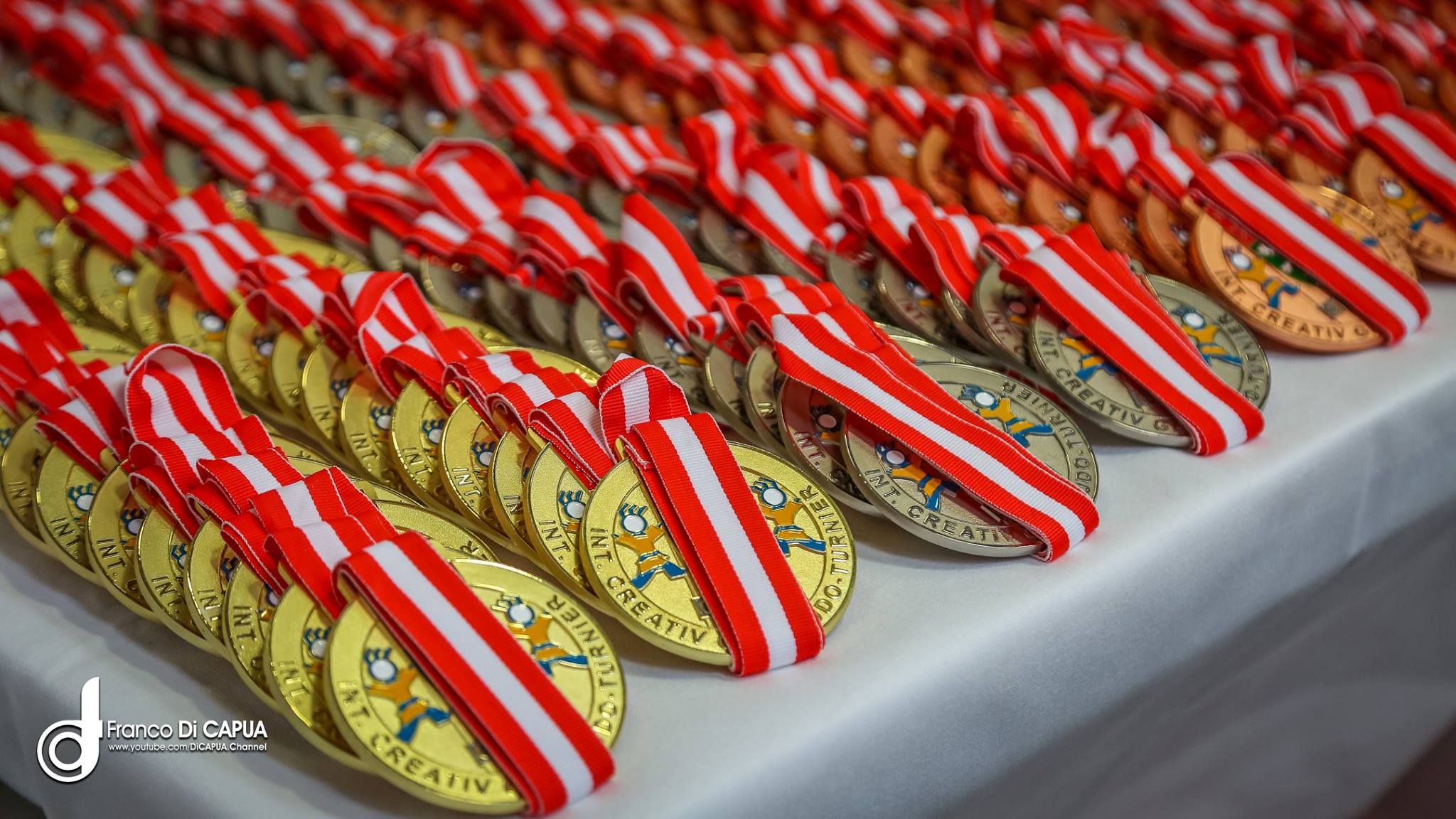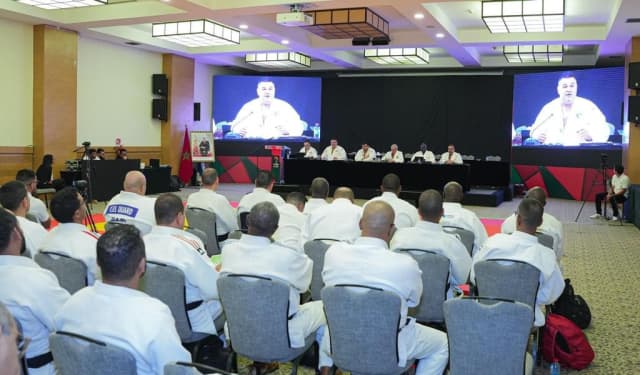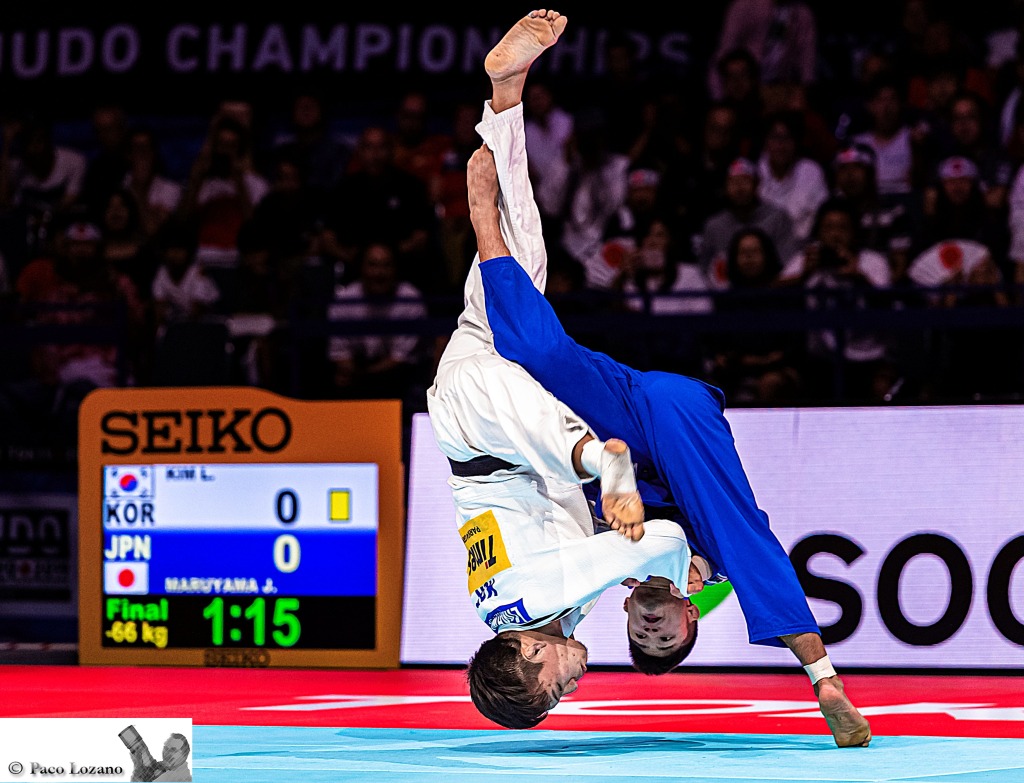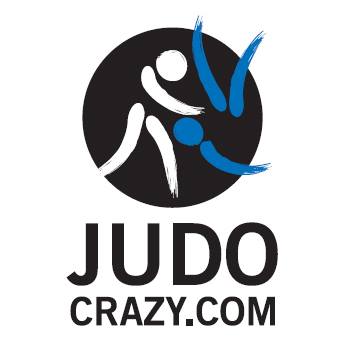Judo in the time of Covid-19: Sugoi Uriarte

 29 May 2020 10:30
29 May 2020 10:30

 JudoInside.com - Hans van Essen / judo news, results and photos
JudoInside.com - Hans van Essen / judo news, results and photos
Sugoi Uriarte has always been a world player. The Spaniard is now a coach. As a judoka Sugoi won silver U66kg at the World Championships in 2009 in Rotterdam and he was in the bronze final at the Olympics in London in 2012. He did take gold at the European Championships in 2010 in Vienna. Sugoi is well-known for his international contacts, his invitations to many athletes around the globe to come to Valencia. Clearly his life is judo and Oon Yeoh of JudoCrazy asked him lots more.
JIC: How is the Covid-19 situation where you are at?
SU: The situation in Spain is very serious, but in Valencia things are more controlled than in other regions like Madrid.
JIC: How has the situation affected you?
SU: From a judo perspective, there has been a huge change in our focus because the Olympic Games have been postponed, as well as several other important competitions, so we need to change our plans completely. Personally, everyone that I am close to is healthy, so that is the most important thing right now.
JIC: Can you tell us about your judo club and how you are coping with the shut-down?
SU: I am president of Valencia Club de Judo. We have around 70 high-performance athletes at the International Centre which is also a National High-Performance Centre, so we have a mix of international and national athletes training together representing the clubs.
JIC: I understand you have about 400 children in the club? How do you balance your time between the high-performance centre and teaching kids?
SU: There are two High-Performance Centres in Spain, one in Madrid and the other in Valencia. The one in Valencia has only been going on for a year. I am the coach of the High-Performance Center team and I am president of the Club taking on administrative and management duties. The kids' club and recreational adult classes are run by former high-performance athletes as well as some current players. So far, I haven’t taught any of the kids’ classes.
JIC: You mentioned adults’ recreational classes. Are there a lot of adults in Spain doing judo recreationally?
SU: Every year the Spanish Judo Federation issues around 110,000 licenses in Spain. Of these, only a very small portion are high-performance athletes. Most judokas are doing it for fun.
JIC: Is there a lot of government support for judo?
SU: Judo is very integrated into school sports, so we get many children every year. In terms of licenses, only football, basketball and golf are more popular than judo.
JIC: What about support for top athletes?
SU: Players who medal at the World Championships or the Olympics get support from the Olympic Sports Association. In Valencia, we also have a program that helps Valencian athletes from the age of 14 once they start to achieve outstanding results at national championships. Actually, in Valencia there are three types of support, for youth, promising and elite athletes.
JIC: Are you originally from Valencia?
SU: I come from a rather poor family in northern Spain. At the age of 18, I decided to go to Valencia to achieve my sporting goals and start my engineering degree. From the beginning, my coach, Salvador Gómez, and his family helped me with everything. So, I owe him everything I have achieved.
JIC: Is Sugoi a common Spanish name?
SU: My family is from the North of Spain, the "Basque Country", where a language is spoken that is different from Spanish, and there, Sugoi is a mythological man with two snakeheads. Outside the Basque Country I have not met anyone called Sugoi and in my home city there is only one child born in 2012 by that name.
JIC: Did you finish your degree?
SU: Actually, I graduated with two engineering degrees and I have a Masters’ degree in Advanced Engineering as well as another in Sports Management. I’ve always believed in doing both judo and studies.
JIC: Is it true you are pursuing a PhD right now?
SU: Yes, for my PhD I’m doing a mix between engineering and judo. I try to analyze the most important variables in judo for achieving sporting objectives. The variables I have differentiated in various clusters — psychological, physical training, specific training and lifestyle — and the objectives are to increase international rankings, become a national number one and to go to the Olympic Games.
JIC: Which was more significant for you, a European gold or a World silver?
SU: For me it was becoming European Champion even though I know that in theory the World Championship is more prestigious. In 2009, I made my world championship debut and arrived with huge enthusiasm, but when I came out of the final with a silver, I was very angry that I had missed the opportunity to be world champion by a penalty. After the World Championship I didn’t get another medal until the European’s the following year, and therefore I went into the European’s with many doubts. It turns out, I probably had the best tournament of my life there, and I got the gold medal. That day I realized that I really was fulfilling my dreams and I was becoming one of the greats, which only a year earlier I could just admire from the stands.
JIC: After the Olympics in 2016, you retired from competition and decided to become a coach. Can you tell us a bit about that transition?
SU: After losing my bronze medal match in London 2012 by a referee’s decision, I was totally motivated to get a medal in Rio 2016. But 10 days before the Games, in the last training session in Valencia, I broke the ligament that joins the tibia and the fibula and I could not put weight on my foot. I knew that in Rio I couldn’t do anything and therefore my only mission from then onwards was to focus on helping Julia (Figueroa) and Laura (Gomez) who were my teammates. The night after the competition, I was very sad that it ended up this way. I was very sorry that I had to go onto the tatami already broken. If I had been 100% and had lost the fight, I could have accepted it but this felt awful. I didn’t want my story to end this way. So, after the Games, when I decided to become a coach, I made a commitment to all my teammates, who had helped me for so many years, that I would train them and give them the opportunity to become even better than I was. Or at least, to have better means and resources for improvement than I have ever had.
JIC: You still competed in the European Clubs Championships in 2017 and 2018 but no other events. Why take part in ECC?
SU: I competed those times for my club for one reason only and it is because they asked me to. I must say that they were some of the best moments I've had on a tatami; to see my team on the podium among the best teams in Europe and to have led by example.
JIC: What’s the hardest part of being a player?
SU: As a competitor, making weight was the hardest. I stayed in the same category for 16 years: -66kg with a height of 177 cm. I can tell you it is the only part of being a competitor that I do not miss at all.
JIC: What’s the hardest thing about being a coach?
SU: As a coach, I suffer a lot when the results don't come. When you know the everyone did their job right and yet the results don't come.
JIC: What attitudes do you like to see among your players?
SU: As a coach, I hate to see jealousy among competitors. In contrast, when I see players helping each other to grow together, it makes me very happy and proud.
JIC: Shany Hershko, the Israeli women’s head coach, says that to beat the Japanese, you cannot copy their style. Do you agree?
SU: I completely agree. I think Shany is one of the greatest coaches of the world and I look up to him a lot. Whenever I fought a Japanese judoka, I would always try to do judo as ugly and as unorthodox as possible. But I can tell you, the Japanese are also evolving. They aren’t just doing traditional judo. I have a video recording of a match between a young Takato and Zantaraia, who was -60kg at the time, and the best in his category. Takato beat Zantaraia using unorthodox techniques. Seeing that made me realize the Japanese are evolving their style of judo. And it’s working. If you look at the stats, they lose very few matches.
JIC: Speaking of stats, do you go to JudoInside to look at stats?
SU: Of course. A Portuguese friend showed me this website around 2004/2005 at the Boras Open and since then, I’ve used it to do analysis of my rivals. It’s very helpful and I still use it today.
JIC: How would you describe your coaching philosophy?
SU: I think the only secret to success is hard work and usually the one who works the hardest is the one who gets the results. If you're able to put up with me, which is not easy, you might become a champion.
JIC: In your experience, which types of personalities can succeed in judo?
SU: I can tell if someone has the potential to become a good competitor by observing how they react when they lose. When you win it is very easy to continue with judo. But what about when you lose? Are you able to adapt and evolve in order to win? In judo, losses will always come, even the greatest stars sooner or later experience it.
JIC: As a relatively young coach, do you still do randori with your athletes?
SU: Of course, I'm still fit and therefore I try to randori regularly with them and hit them on their weak points so they can improve. I love doing randori and I hope my body allows me to continue to do so for many years.
JIC: Do you miss competition?
SU: Of course, I miss it but I think everything has its time, and now is the time for me to experience competitions at the mat-side, from the coach’s chair.
JIC: In your website, there are the words: “The Iceman”. Why?
SU: When I was competing, they called me “The Iceman” because I would never change my face in combat, it was a tactic so my opponent couldn't know how tired I was.
JIC: You are married to another judoka, Laura Gomez. Do you two talk about judo all the time?
SU: She is also a coach at the High-Performance Centre, so judo is obviously a big part of our lives. But we try keep judo on the tatami. At home, don't display any pictures of judo, no medals either. We try to disconnect from judo when we are off the tatami. Of course, sometimes it is very difficult to do that because I’m a total judo nerd, and a lot of my free time is spent analyzing judo fights.
JIC: Many countries are starting to ease their lock-downs but it looks like full-contact sports like judo will still not be allowed for some time to come. Any words for judokas who are missing their judo trainings?
SU: Although we might feel that judo is everything, there are of course many other more important things in life, like our health and the health of our loved ones. So, you have to be strong and patient. Do training at home with whatever means you have. When this is over, we'll go back to the tatamis stronger than ever.
Sugoi Uriarte was appointed as IJF coach in June. "I have spent a long time working to integrate everyone into the same project. From now I will take the role of IJF Coach for all of my athletes, whatever flag they represent. I am delighted to belong to this IJF Team and that we are able to help each other to develop. Valencia is the home to all judoka."
This was the last interview of JudoCrazy's series "Judo in the time of Covid-19" an amazing tour with our partner Oon Yeoh. Support Oon in his Patreon website and read all articles from his hand.
Become a JudoCrazy Patron and read all their stories here
 like
like
 share
share
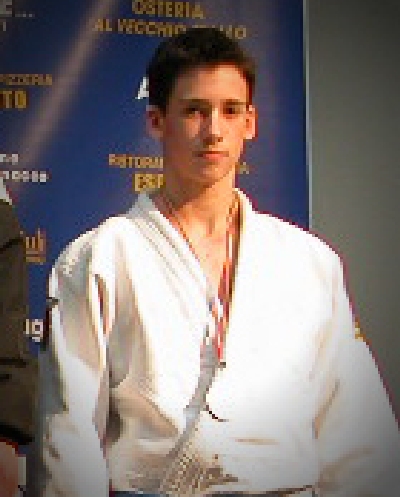
| Result | City | Date |
|---|---|---|
| 2 | Paris | 2024 |
| 1 | Abu Dhabi | 2024 |
| 1 | Zagreb | 2024 |
| 3 | Belgrade | 2023 |
| 2 | Montpellier | 2023 |







